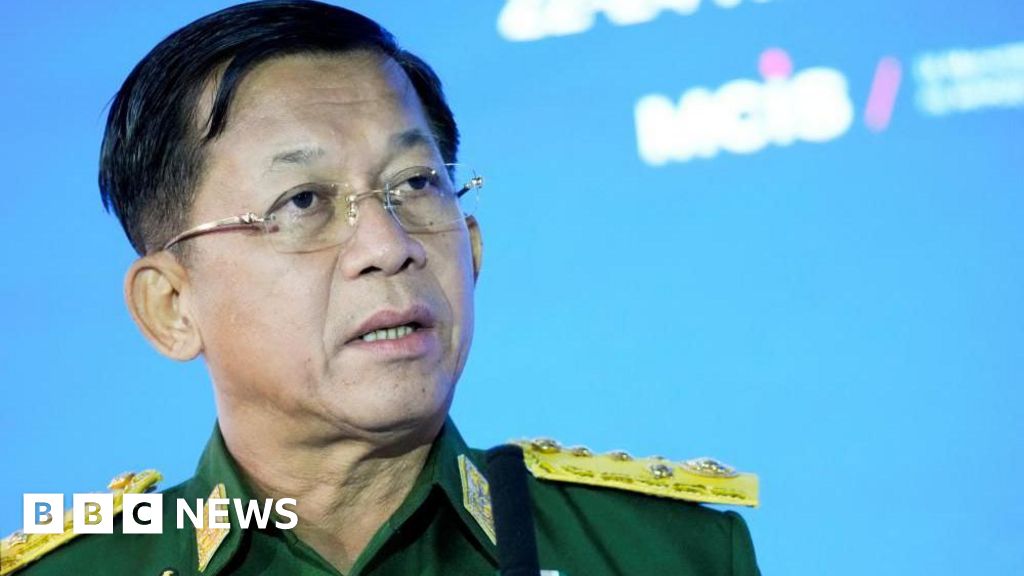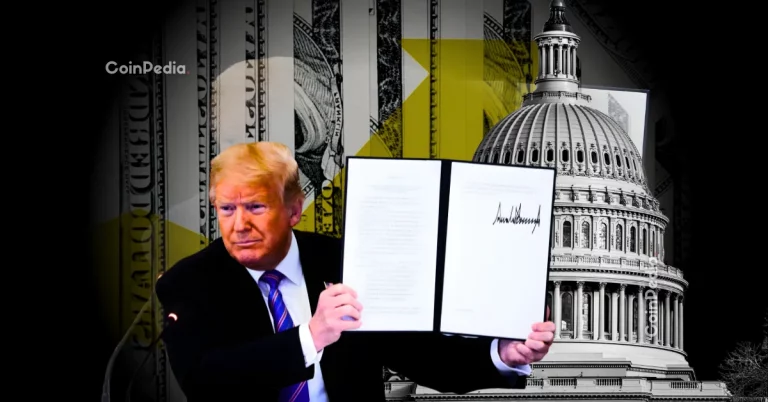
The announcement of Myanmar’s upcoming general election has sparked a global debate about the legitimacy of the political process under the military junta. Scheduled to begin on December 28, 2025, this marks the first election since the country was thrown into turmoil following the 2021 coup.
The Current State of Myanmar
Since ousting democratically elected leader Aung San Suu Kyi, Myanmar has been entrenched in a civil war. Ethnic armed groups and opposition forces currently control large parts of the country, making the logistics of this election a monumental challenge. Despite these challenges, junta leader Min Aung Hlaing insists the election will proceed and has threatened serious consequences for any dissenters or individuals obstructing the process.
Criticism and Skepticism
The international community has expressed deep skepticism regarding the military’s promise of a “free and fair” election. Human Rights Watch has dismissed the election as “delusional” under current conditions. Critics argue that holding elections amidst violence and widespread detentions only serves to further entrench the military’s grip on power.
Notably, the National League for Democracy (NLD), which saw landslide victories in elections prior to the coup, has been barred from participating. The election process seems designed to favor proxy parties aligned with the military regime, prompting accusations of an undemocratic “mirage” meant to project legitimacy.
International Involvement
With much of the world opposing these elections, Myanmar’s neighbor, China, has voiced its support. China’s vested interest in stability within Myanmar underscores its strategic desire to reinforce influence in the region. However, this has further fueled criticisms, questioning the credibility of the election process.
Humanitarian Crisis and Economic Collapse
Myanmar continues to grapple with multiple crises. The civil war, paired with a devastating earthquake earlier this year, has led to a humanitarian vacuum leaving millions in dire conditions. Additionally, the country’s economy lies in ruins, further exacerbating the struggles of its population.
Ethical Considerations
The United Nations has urged the global community to reject the election process outright and demand the military junta address the underlying conditions—ending violence, releasing political prisoners, and permitting all political parties to participate.
Support for Humanitarian Efforts
In times of turmoil, supporting humanitarian organizations plays a crucial role. Consider donating to charities like UNICEF or Save the Children, which work on the ground to provide aid to vulnerable communities in Myanmar. Additionally, if you’re looking for ways to contribute to rebuilding efforts, consider sustainable products whose profits assist impacted regions.



